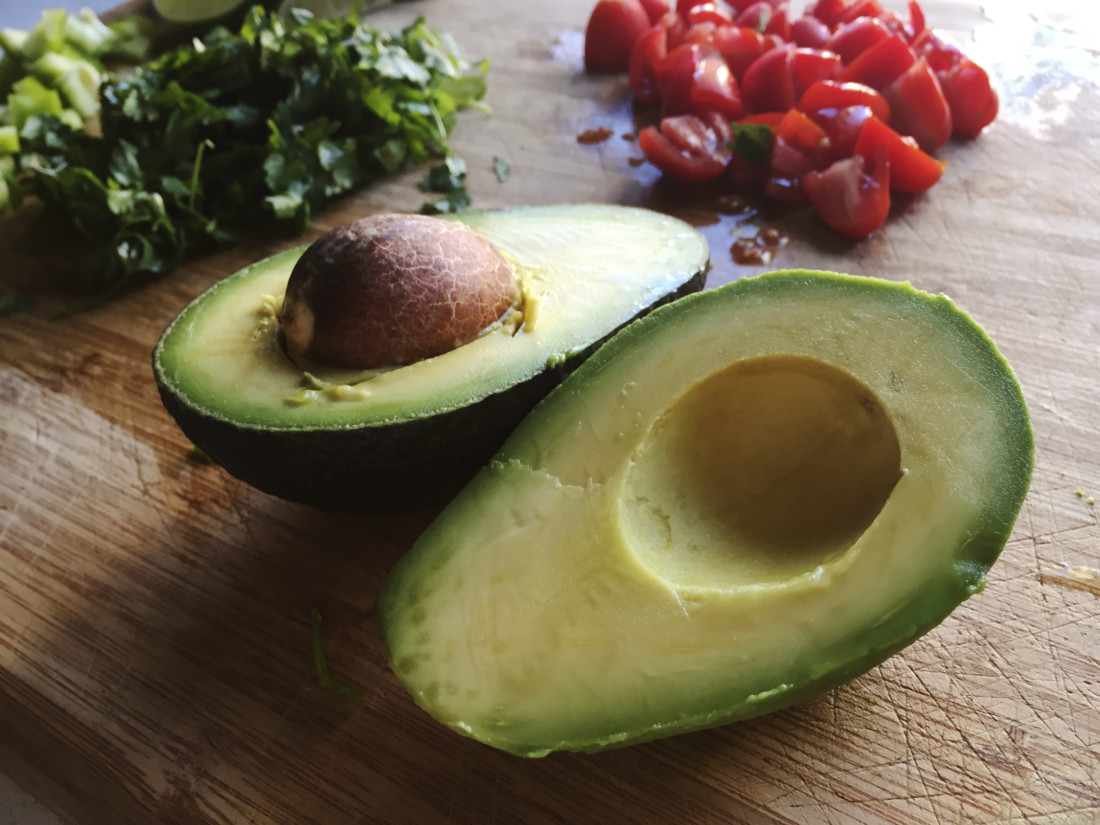
Share On Social!
Several recent studies have shown that childhood obesity is on the decline.
But are they right?
Maybe not. New research indicates obesity rates among 2-5-years-olds have “sharply increased” and are at their highest since 1999, according to an interview by NPR‘s Lulu Garcia-Navarro of Dr. David Ludwig of Boston Children’s Hospital.
Garcia-Navarro’s interview with Dr. Ludwig explores what science and “short-term studies” got wrong about obesity.
“When you look at short-term studies, movement in the result numbers can go up and down without any real meaning. Looking back, public health experts now know that the changes we thought we saw were really just statistical flukes, and that obesity rates among children are the highest ever,” according to Dr. Ludwig on NPR.
What Science Got Wrong
One example where science got it wrong is fatty foods.
 Scientific experts urged people to resist fatty foods, Ludwig said. But healthy fats in foods like avocados can actually have a lot of healthy benefits for your heart and weight.
Scientific experts urged people to resist fatty foods, Ludwig said. But healthy fats in foods like avocados can actually have a lot of healthy benefits for your heart and weight.
The short-term focus on recent declines may have hid obesity’s ongoing rise.
Public health efforts may not have been enough, Ludwig said:
“The false numbers saying childhood obesity was on the decline seemed to make sense after Michelle Obama’s Let’s Move! program and other prominent public health measures — public health experts had hoped that obesity prevalence would respond to these efforts.”
How to Get the Science Right
Ludwig told Garcia-Navarro that science and policy should help create an environment that’s conducive to a healthy weight for everyone.
Instead, our actual environment is the opposite, he said.
That’s reflected in the health disparities suffered by children of color. Latino children are more likely than their white peers to live in areas with lots of unhealthy foods and sugary drinks, and lack safe places to play, according to Salud America! research reviews.
“We all have to work together to make the world healthier for everyone. We can do that with the ballot, by voting for legislators that are willing to put public health ahead of special interest,” Ludwig told Garcia-Navarro. “Food science isn’t rocket science — we know the steps needed to achieve a healthy lifestyle, we’ve just lacked political will.”
You can take action now for healthy kids!
By March 30, 2018, speak up for healthy dietary guidelines! By April 2, speak up for national physical activity guidelines!
Or download our Water Bottle Fountain action pack to help schools provide all-day access to safe water for kids!
By The Numbers
142
Percent
Expected rise in Latino cancer cases in coming years



